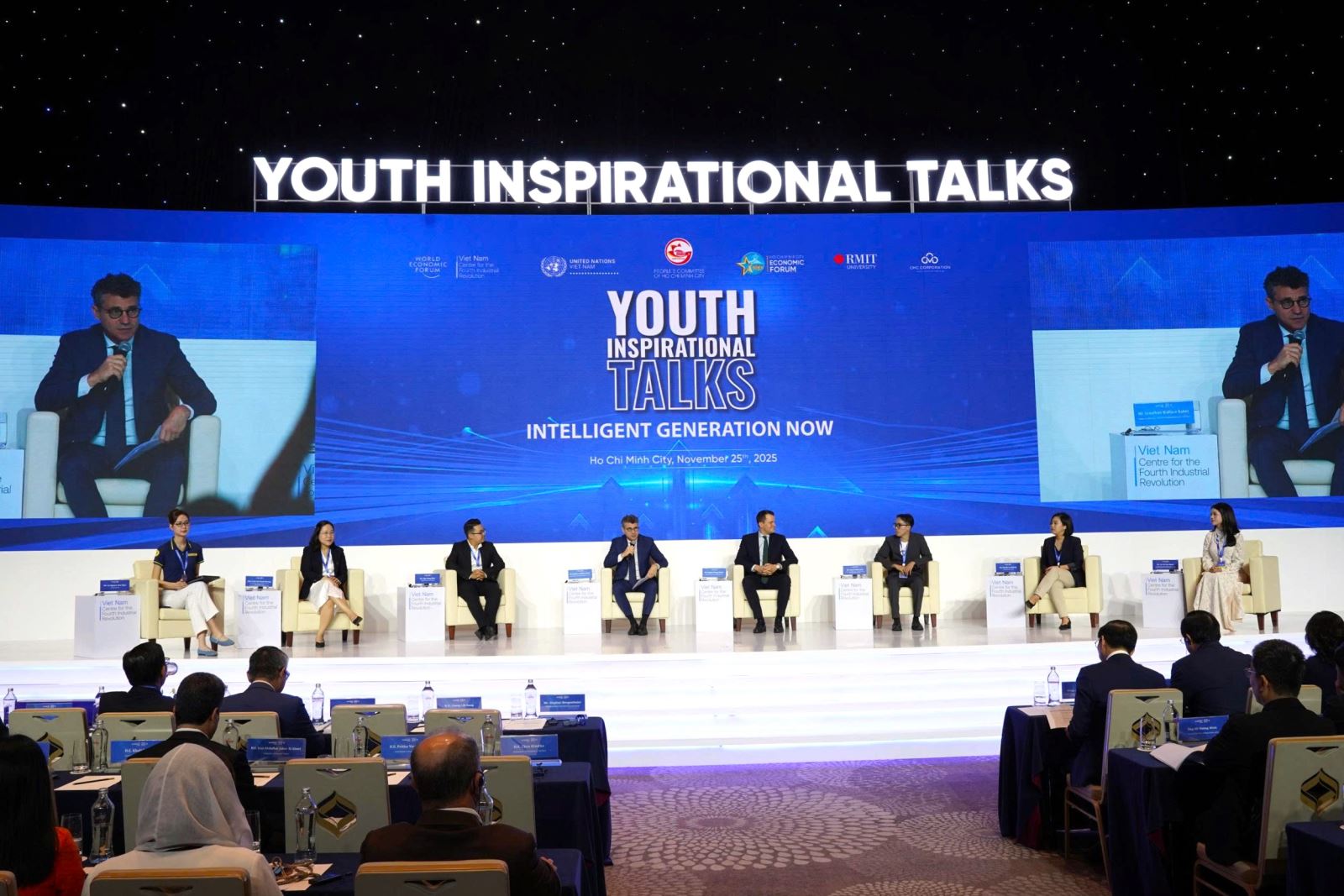
The discussion was moderated by Mr. Jonathan Wallace Baker, UNESCO Representative in Vietnam, Head of the UN Youth and Children Working Group. The panel of speakers included impressive figures such as Mr. Stephan Mergenthaler, Executive Director of the World Economic Forum, and prominent youth representatives from Vietnam, to discuss the role and opportunities of young people in the digital era and AI development.
Opportunities and challenges in the "Flat World "
Opening the discussion, Mr. Huynh Minh Triet, Curator of Global Shapers Ho Chi Minh City Hub and former Chairman of the Liaison Committee of the Vietnamese Student Association Abroad, representing the voice of the young generation, raised the core issue: How can young people and the surrounding system help them develop and stand out in this digital era and "flat world"?
The Global Shapers Ho Chi Minh City Hub is part of the Global Shapers Community, a network initiated by the World Economic Forum (WEF) to connect young people with aspirations to contribute to society. This is a community of young individuals who are proactively promoting dialogue, implementing actions and creating positive impacts on a global scale. This model is considered a highly scalable solution, helping to organize and effectively exploit the resources, intelligence and dedication of young people.
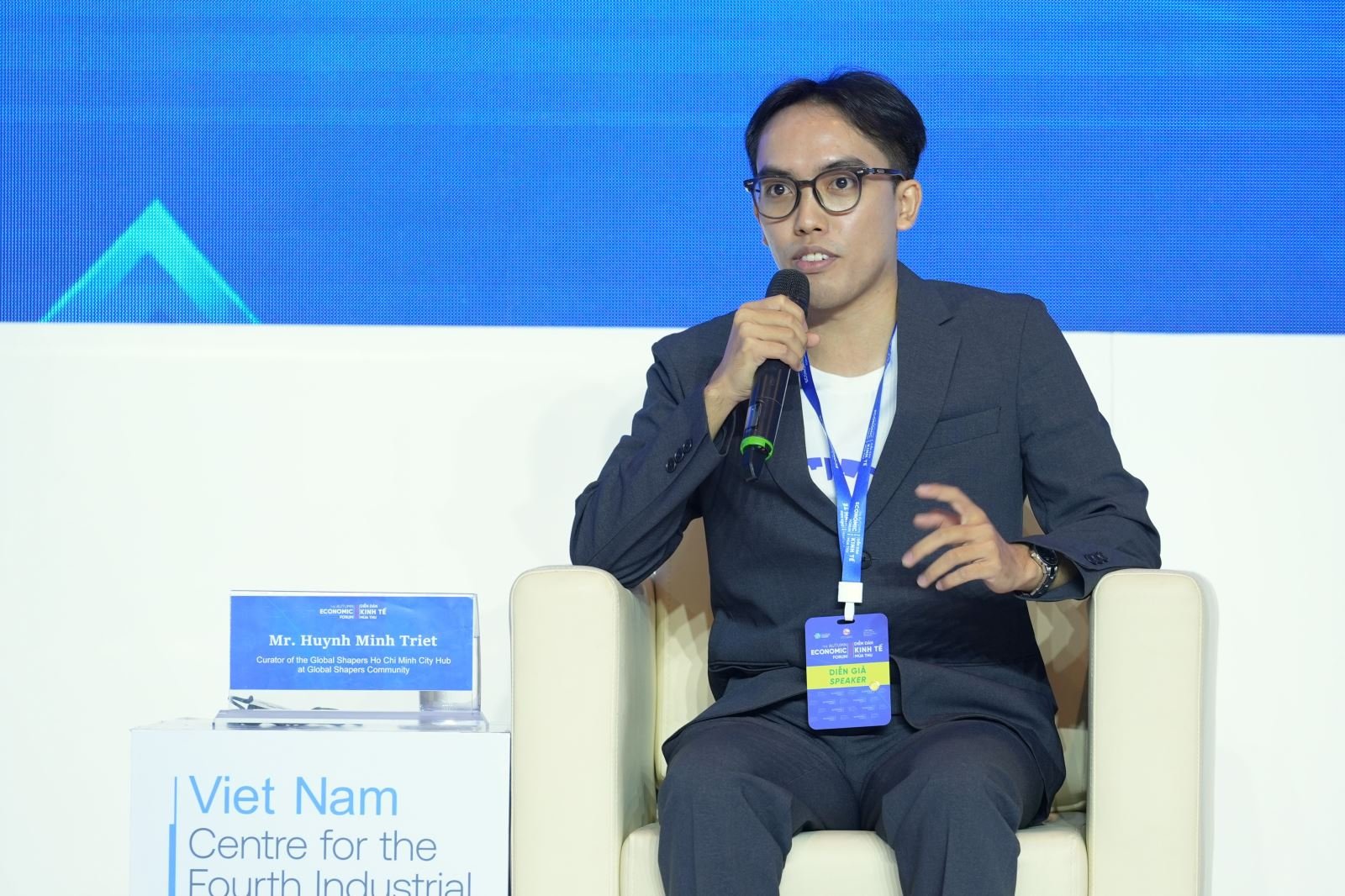
Mr. Ngo Hung Phat, a student at RMIT University Vietnam, emphasized the importance of always being curious and seeking new information, but the most important thing is to have critical thinking, cross-check information and decide for yourself what to absorb.
In addition, Mr. Triet affirmed that in order for young people to thrive in the smart era, they need to know how to equip themselves and lead change. “Core values, humanity and culture are much more important than that, because they can never be replaced. I hope that Vietnamese youth will continuously cultivate and nurture these values to achieve sustainable and meaningful success,” Mr. Triet added.
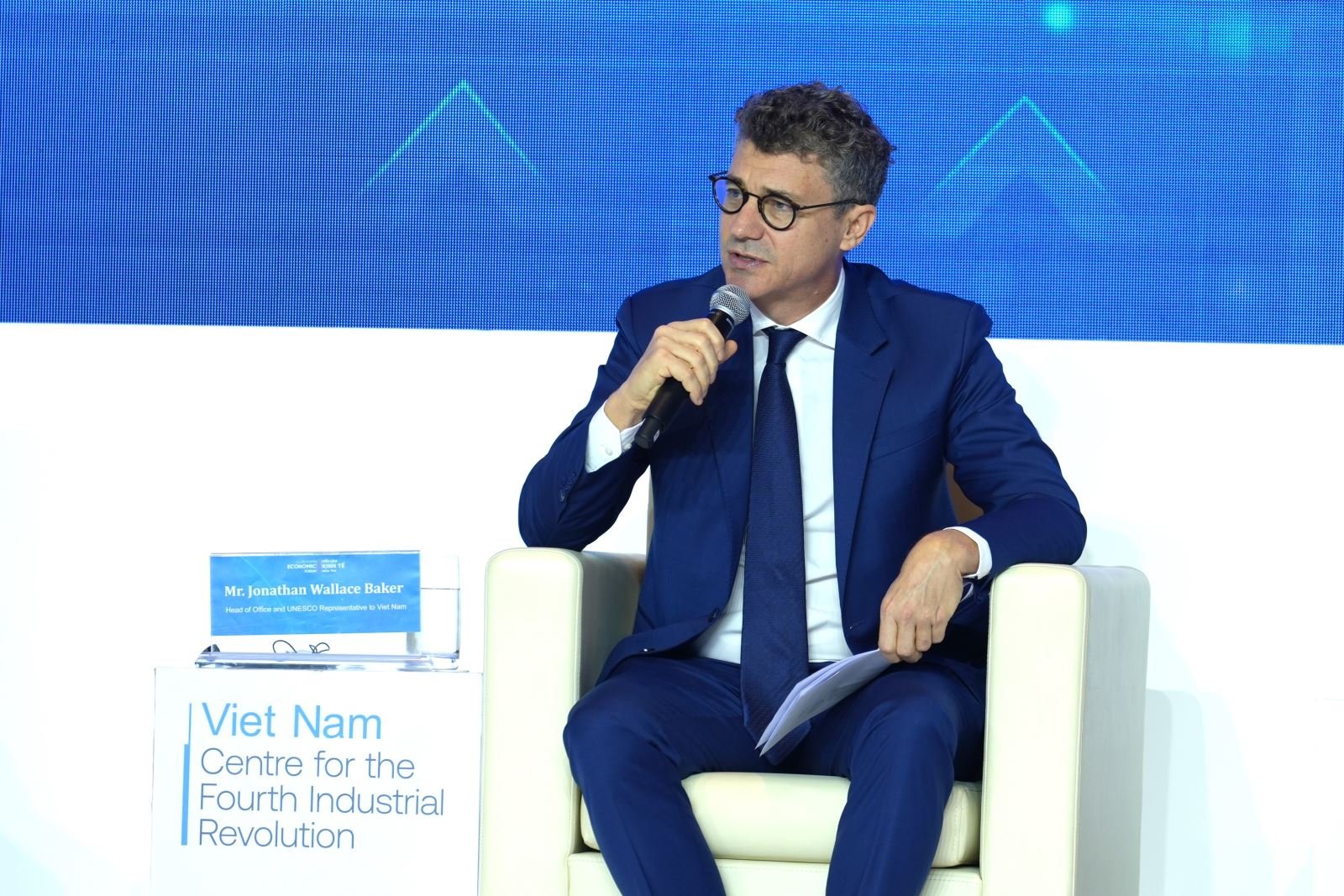
In the context of AI changing all aspects of life, from healthcare to biomedical engineering, Mr. Stephan Mergenthaler, Managing Director of WEF, gave a multi-dimensional perspective, opposing the "black or white" view on the impact of technology.
While AI may impact some entry-level positions, the general trend is that most companies are prioritizing hiring people who can work with AI and implement new technologies, said Stephan Mergenthaler. This is a clear opportunity for young people as this skill is becoming a core requirement in the labor market. AI should not be viewed as just a threat. If approached with the right mindset, it is actually a huge opportunity.
Mr. Stephan Mergenthaler also suggested that the education system, especially universities, should increase interdisciplinary training and help students connect knowledge from many fields. This will better prepare learners for the context of the job market changing rapidly due to new technology.
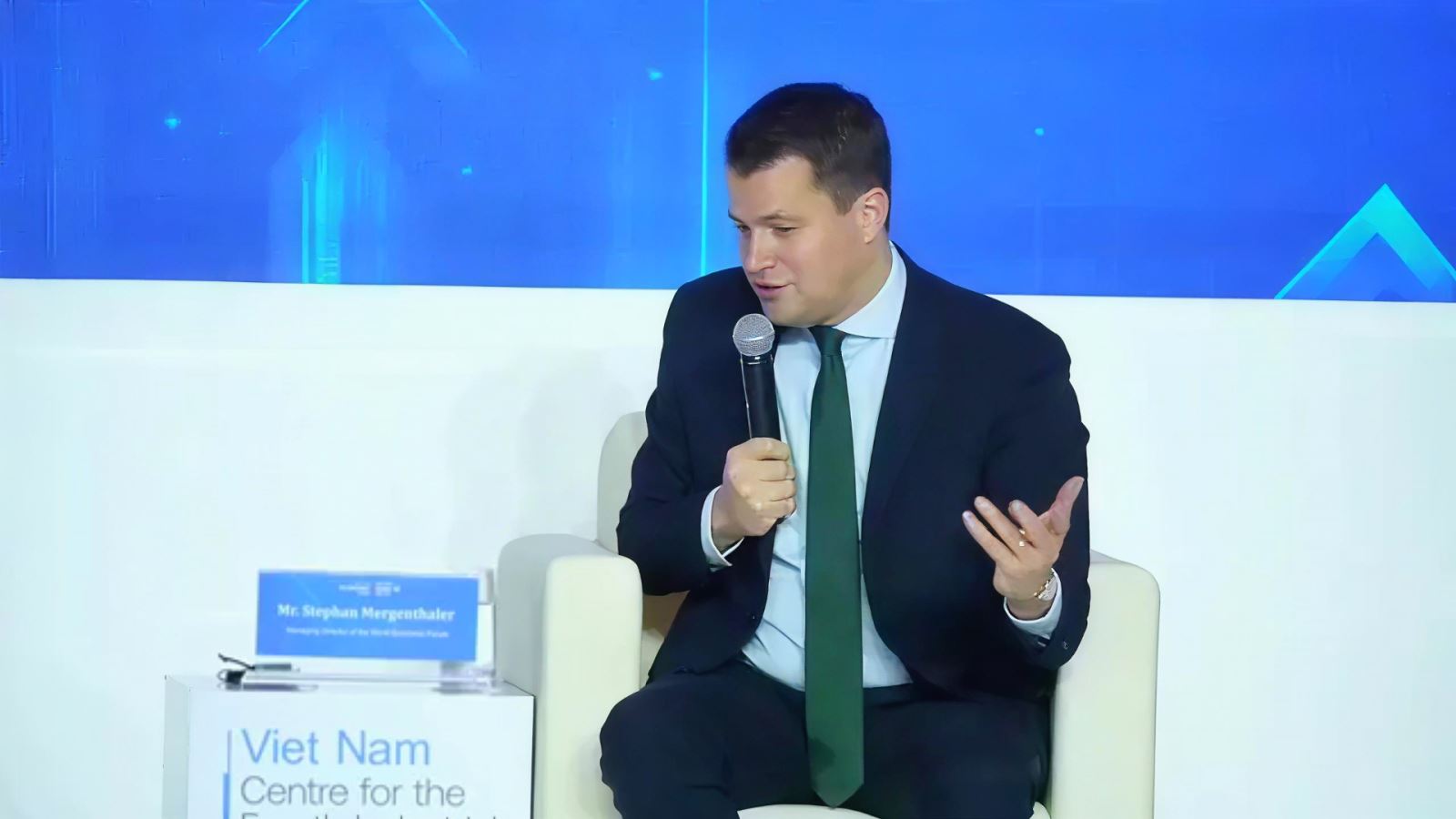
Co-creating innovation policy and ecosystem
Many speakers at the program also agreed that young people need to be given more rights to participate in becoming co-creators in solving major national and world problems.
As a pioneer member of the Digital Trust Alliance, Ms. Le Nguyen Bao Ngoc, Founder of Gen Zero, emphasized that youth and vulnerable groups should not only be seen as subjects affected by social upheaval but they must become active subjects participating in shaping their own future, especially through the policy co-creation process.
Ms. Ngoc also called for the need to build an environment based on trust, prioritizing the protection of vulnerable groups and boldly empowering young people as direct contributors to policy making, in the context of many new emerging challenges.
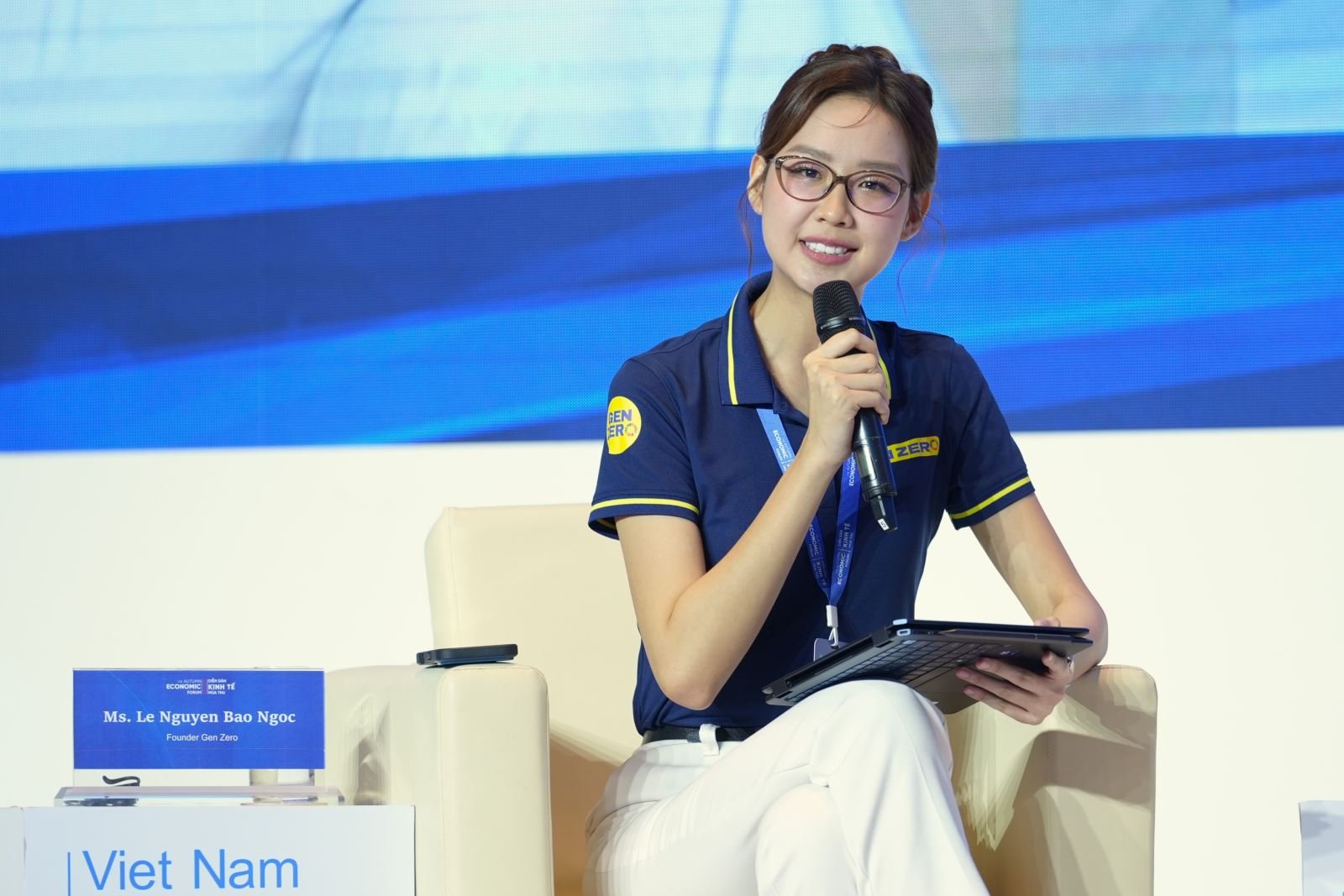
Ms. Le Nguyen Bao Ngoc said that the establishment of Gen Zero stemmed from the belief that young people, especially those in areas like the Mekong Delta, need to have the opportunity to directly participate in the policy-making process.
According to Ms. Ngoc, reality has proven that this is completely feasible. Gen Zero programs have reached more than 3 million online visits, mobilized more than 13,000 youth to participate and contributed to raising climate policy awareness by 78%. These results also create a foundation to promote the official participation of youth groups at COP29 and COP30.
However, as a pioneer member of the Digital Trust Alliance (DTA), Ngoc recognizes that the potential of young people in policy engagement is still hindered by concerns about fraud and exploitation in the digital space. Therefore, the Alliance is working to apply the co-creation model that Gen Zero has proven effective, from climate action to building a roadmap for COP30, to strengthen digital trust and better protect vulnerable groups in the context of the smart era.

Dr. Ha Thi Thanh Huong, Head of the Department of Tissue Engineering and Regenerative Medicine, International University (VNU-HCMC) and a typical young citizen of the City, shared her experience from research practice when posing two key questions related to building an AI-Health ecosystem in Vietnam. According to Ms. Huong, it is important to identify the necessary factors to form an innovative ecosystem in technology and healthcare powered by AI; at the same time, consider international models that can suggest ways to help Vietnam retain high-quality technical and technological human resources.
Dr. Huong also gave advice to young people, to be “present”, meaning to directly observe, feel and understand the difficulties of those around them. From that reality, they will find opportunities to apply the power of AI to solve problems in a more practical and effective way.
From a startup perspective, Ms. Vo Thi My Duyen, Chairwoman of the Vietnamese Luggage Development Company and a prominent entrepreneur in Ho Chi Minh City, believes that youth-led startup projects are contributing to promoting both green and digital transformation. However, scaling up, the decisive factor for these models to promote sustainable impact, remains a big challenge for many young startups.
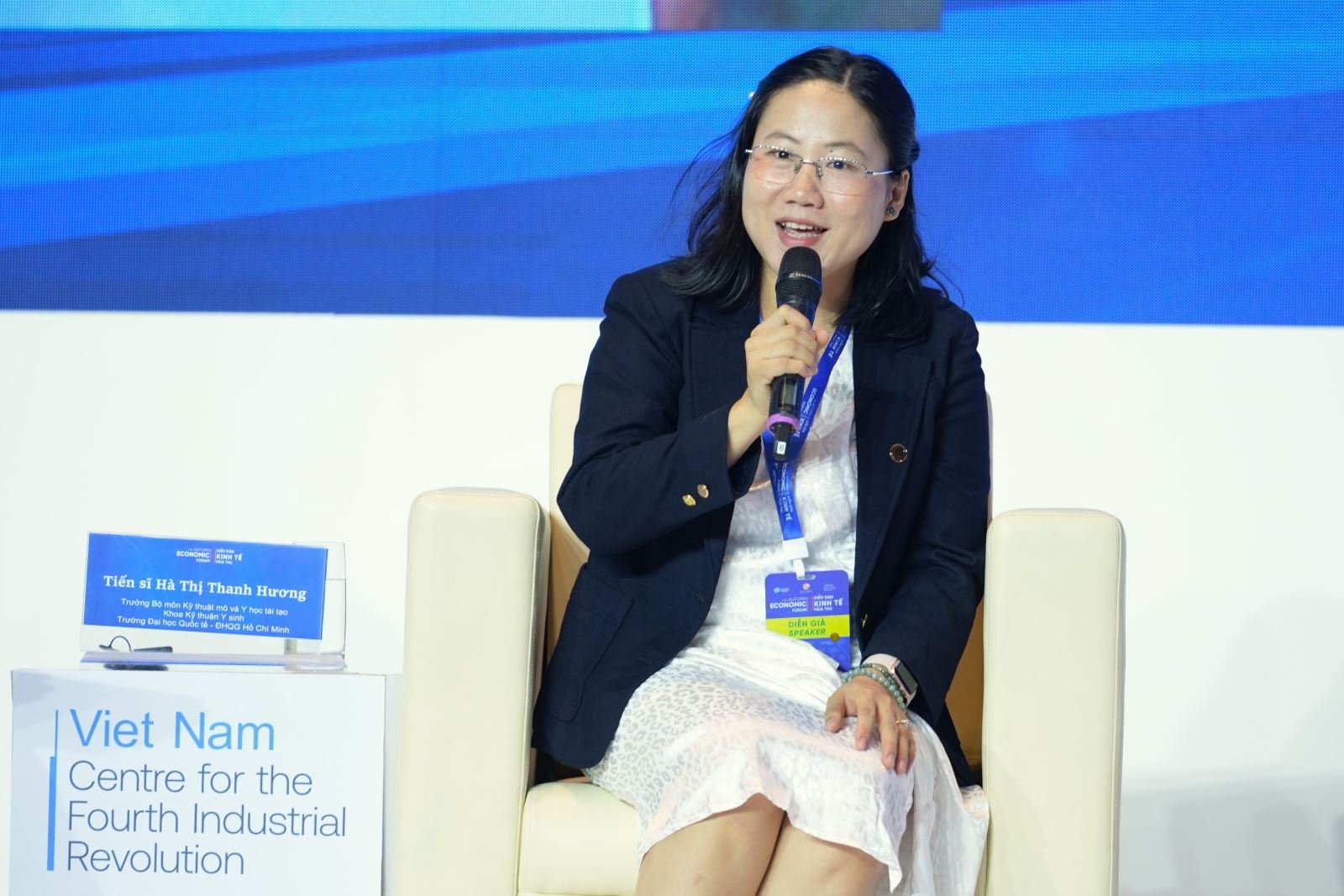
Ms. Duyen frankly pointed out the major barriers that prevent young entrepreneurs from transforming AI technology and questioned which public-private partnerships and funding mechanisms are on the right track to help youth startups develop and scale, thereby hitting the right "bottlenecks" in finance and cooperation, which are key to bringing technology solutions (AI, climate) from the lab to real life.
The panel discussion "Intelligent Generation NOW" outlined a comprehensive picture of the role of Vietnamese youth. With the support of an interdisciplinary education system and support from public-private partnership mechanisms, the young generation of Vietnam is expected to master AI, overcome scaling challenges to shape a sustainable and intelligent future.
Source: https://baotintuc.vn/tp-ho-chi-minh/thanh-nien-viet-nam-va-vai-tro-dong-kien-tao-trong-ky-nguyen-ai-20251125153421451.htm


![[Photo] Close-up of heavy damage at the school located on the banks of the Ban Thach River](/_next/image?url=https%3A%2F%2Fvphoto.vietnam.vn%2Fthumb%2F1200x675%2Fvietnam%2Fresource%2FIMAGE%2F2025%2F11%2F26%2F1764152130492_ndo_bl_img-8188-8805-jpg.webp&w=3840&q=75)







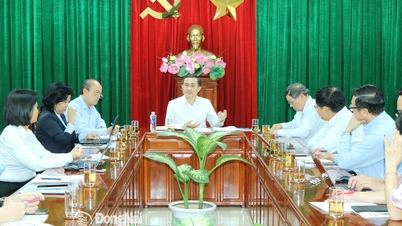


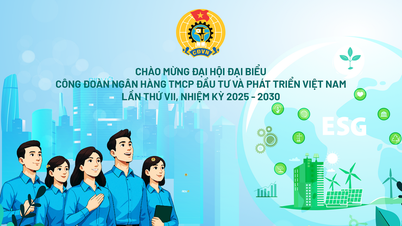

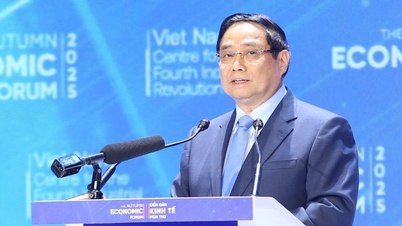

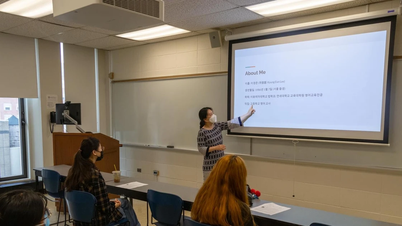

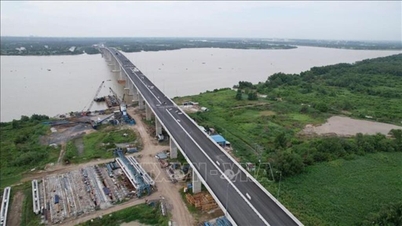

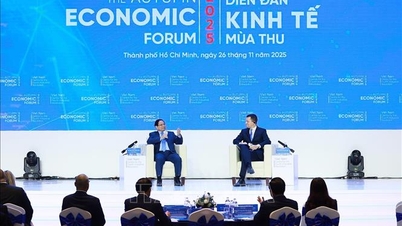
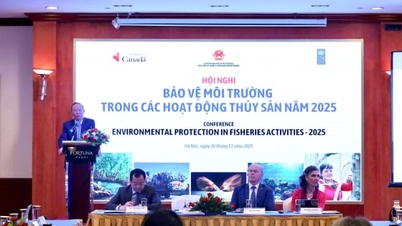

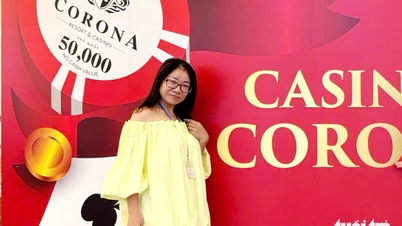

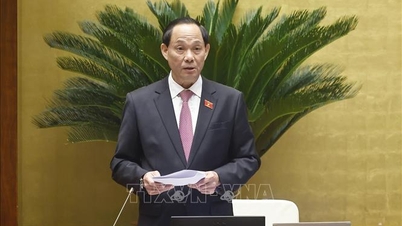





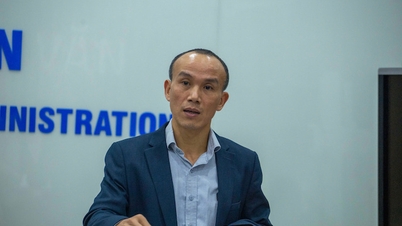
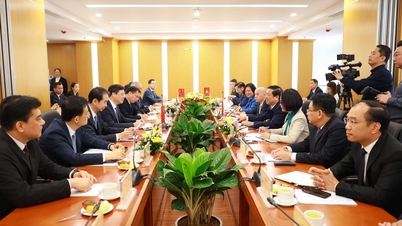
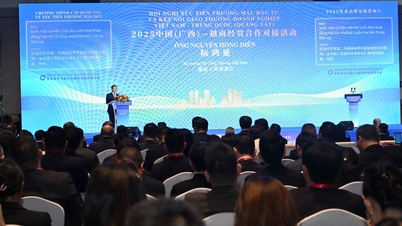
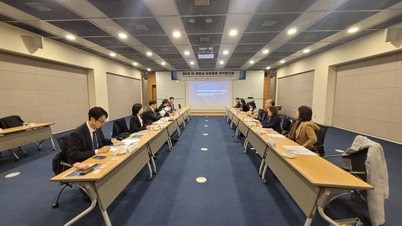
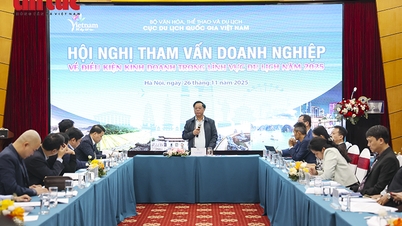


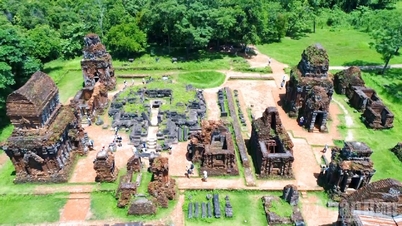








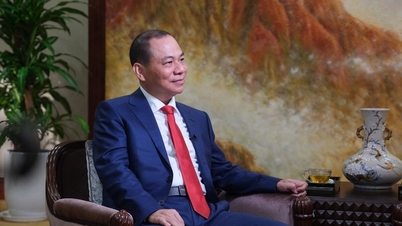

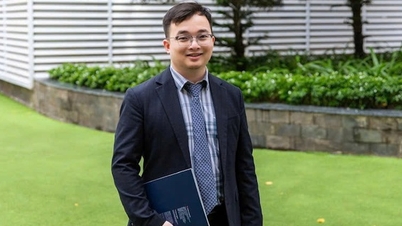

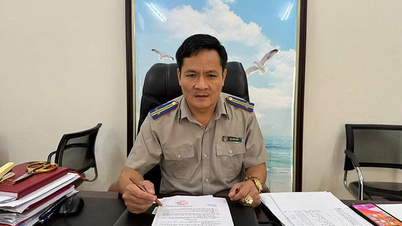



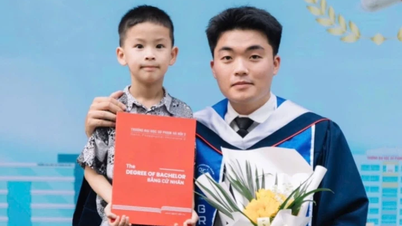

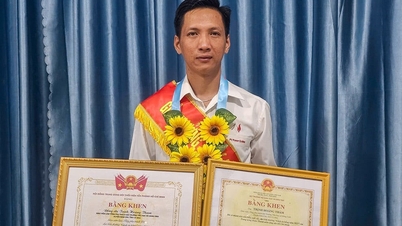

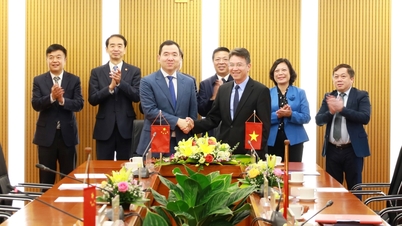

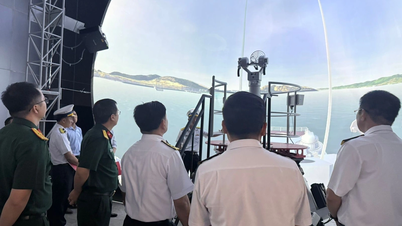
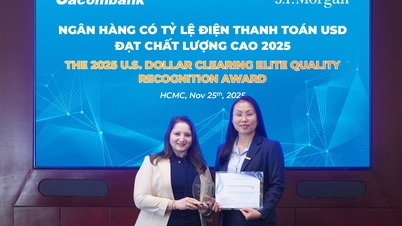

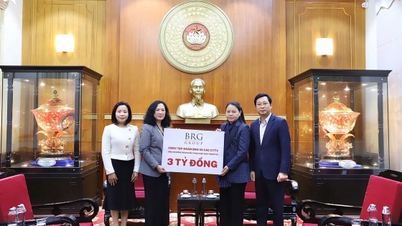






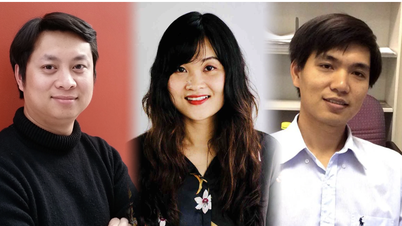

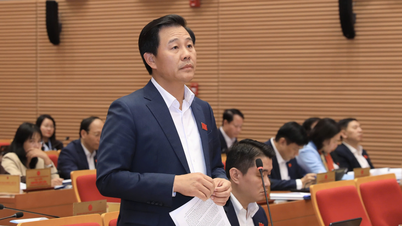
![[Photo] Opening of the 28th Session of the Hanoi People's Council](https://vphoto.vietnam.vn/thumb/402x226/vietnam/resource/IMAGE/2025/11/26/1764155991133_image.jpeg)



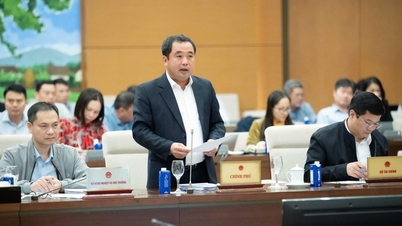
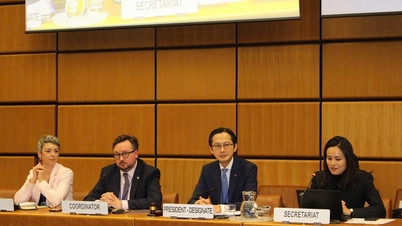

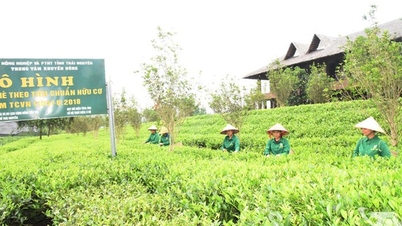
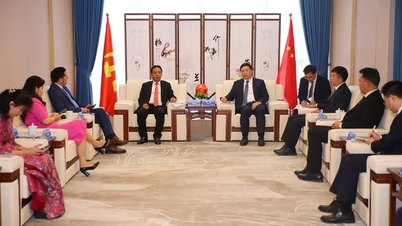



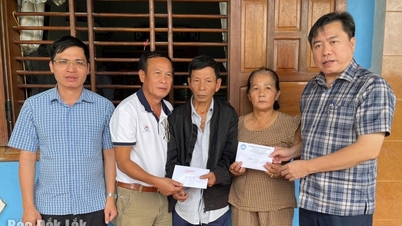

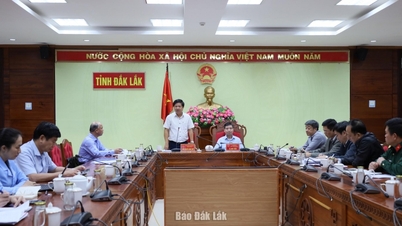


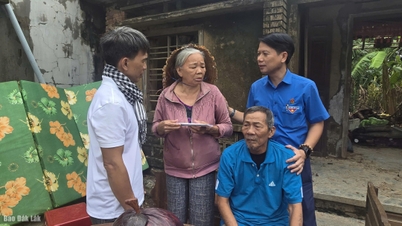
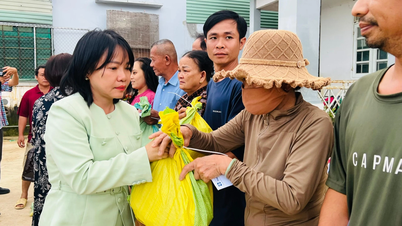

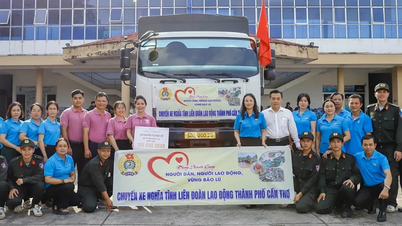














Comment (0)